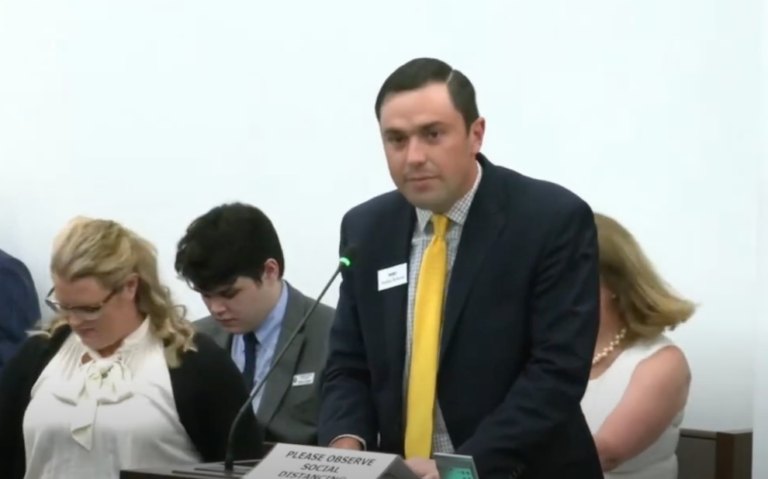Why is the FAA standing in the way of expanding access to lower-cost flights?
For decades, passengers would look at flight plans posted on corkboards at airports to find a ride — as technologically backward and inefficient as trying to find dates in the personal ads. Then in 2013, Flytenow recreated these corkboards in a digital app, creating a far more usable flight-sharing platform. Within two years, the platform hosted 25,000 pilots and passengers to arrange flights nationwide.
Uncertain about how to handle the growing community that began using Flytenow’s digital corkboards, the FAA relied on ambiguous statutes to declare pilots using the platform to be “common carriers,” meaning pilots without commercial certification were operating illegally.
Even though FAA guidance already prohibits private pilots from profiting from flight-sharing, the FAA has now given any private pilot attempting to use a service like Flytenow the same legal designation as America’s largest, for-profit, commercial airlines. Due to this questionable interpretation, the platform shut down in 2015.
Looks like a case of law and regulation failing to catch up with technology. Sen. Mike Lee of Utah is trying to unleash this aviation innovation. Here’s his bill:
(1) That a person who holds a pilot certificate may communicate with the public, in any manner the person determines appropriate, to facilitate an aircraft flight for which the pilot and passengers share aircraft operating expenses in accordance with section 61.113(c) of title 14, Code of Federal Regulations (or any successor regulation) and that such flight-sharing operations under section 61.113(c) of title 14, Code of Federal Regulations (or any successor regulation) shall not be deemed a common carrier, as defined in paragraph (48) of section 40102(a) of title 49, United States Code, or a commercial operation requiring a certificate under part 119 or 135 of title 14, Code of Federal Regulations (or any successor regulation).
(2) That a personal operator, as defined in paragraph (49) of section 40102(a) of title 49, United States Code, operating under part 91 of title 14 Code of Federal Regulations (or any successor regulation) shall not be subject to the requirements set forth in part 121, 125, or 135 of title 14, Code of Federal Regulations (or any successor regulation).
Let’s hope Sen. Lee is successful in knocking down this barrier to expanded transportation access.
Here in North Carolina, the John Locke Foundation is seeking to knock down barriers of a different kind — the kind that make it unnecessarily difficult for people to work and earn a living. Technically it’s called occupational licensing. In our state, dozens of job categories are very hard to enter due to required fees, schooling, and more. That’s why we’re urging lawmakers to restructure and reform North Carolina’s occupational licensing regime. As our Jon Sanders explains in detail, occupational licensing should be the last resort. There are less burdensome ways to ensure public safety and quality of service.


